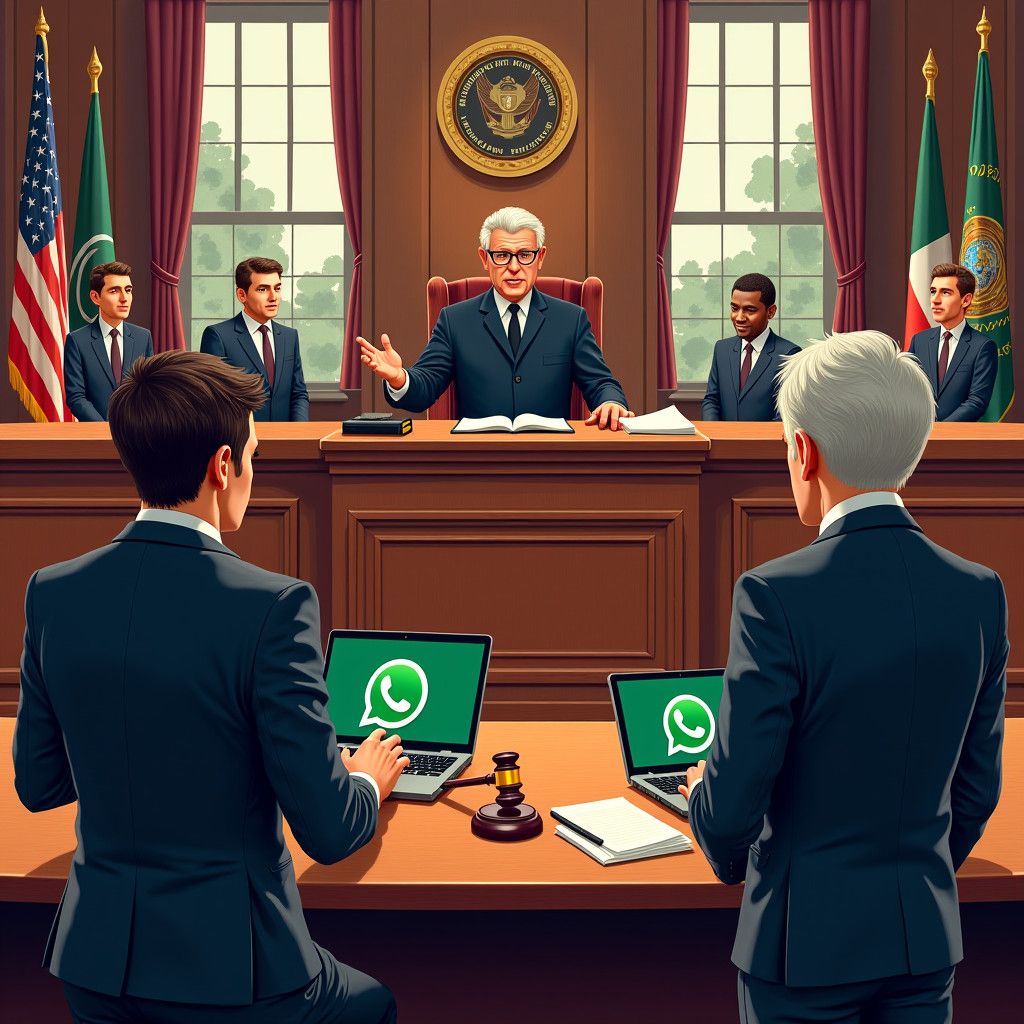In a landmark decision for digital privacy and security, a U.S. judge has ruled in favor of WhatsApp in its lawsuit against the Israeli cyber company NSO Group. This ruling highlights the increasing scrutiny companies face regarding their user data protection practices.
On December 22, 2024, Judge Phyllis J. Hamilton of the federal court in San Francisco found NSO Group liable for hacking activities that violated WhatsApp’s terms of service. The case has significant implications, not only for WhatsApp and NSO but also for the broader tech industry focused on cybersecurity and privacy. The ruling sets the stage for a damages trial, which could further expose the practices of NSO Group and its controversial spyware technology.
The lawsuit stems from allegations that NSO Group helped hackers exploit security vulnerabilities in WhatsApp to surveil users globally. This was no small issue; WhatsApp claimed that thousands of accounts were compromised as a result, impacting human rights activists, journalists, and others around the world. The court’s decision marks a crucial moment in a legal battle that has raised questions about the accountability of companies engaging in digital surveillance.
What makes this case particularly noteworthy is the legal principle at play. The judge dismissed NSO’s claims of sovereign immunity, a legal doctrine that often protects companies from being sued for actions carried out on behalf of a government. This decision reinforces the idea that companies like NSO, which develop and sell surveillance tools, must face accountability when their products are used to harm individuals’ privacy.
WhatsApp has been vocal about its commitment to protecting user information from harmful surveillance tactics. The company stated its intention to “protect the privacy of its users around the world.” This recent ruling demonstrates the company’s resolve to combat cyber threats and represents a significant win in the ongoing battle for digital rights and privacy.
NSO Group has faced similar lawsuits previously, but this case could be a turning point. Jameel Jaffer, director of the Knight First Amendment Institute at Columbia University, commented on the ruling, stating, “This case underscores the importance of holding malicious actors accountable for their actions against vulnerable populations.” Such recognition encourages other tech firms to prioritize user data safety.
The implications of this ruling extend beyond WhatsApp and NSO Group. It sends a signal to the tech industry and governmental bodies that the misuse of surveillance technology will not be tolerated. Companies that operate in the realm of cybersecurity must now evaluate their practices and ensure they are not complicit in user privacy violations.
The ruling comes at a time when public trust in tech companies is waning. With increasing reports of data breaches and privacy violations, consumers are becoming more aware of how their data is handled. This case serves as a reminder that safeguarding user data must be a core value of any tech company, not just a compliance issue.
As we move into a digital future, the balance between security measures and personal privacy will remain a critical issue. Legal experts expect that this ruling will set a precedent for how similar cases are handled in the future. With growing public awareness and scrutiny, companies may think twice before employing aggressive surveillance tactics that jeopardize user privacy.
In conclusion, WhatsApp’s victory in its case against NSO Group emphasizes the power of legal action in holding corporations accountable. It highlights the importance of protecting user privacy in an age where technology has the potential to infringe upon civil liberties. As technology continues to advance, so too must our legal frameworks adapt to ensure they protect individuals in the digital landscape.











